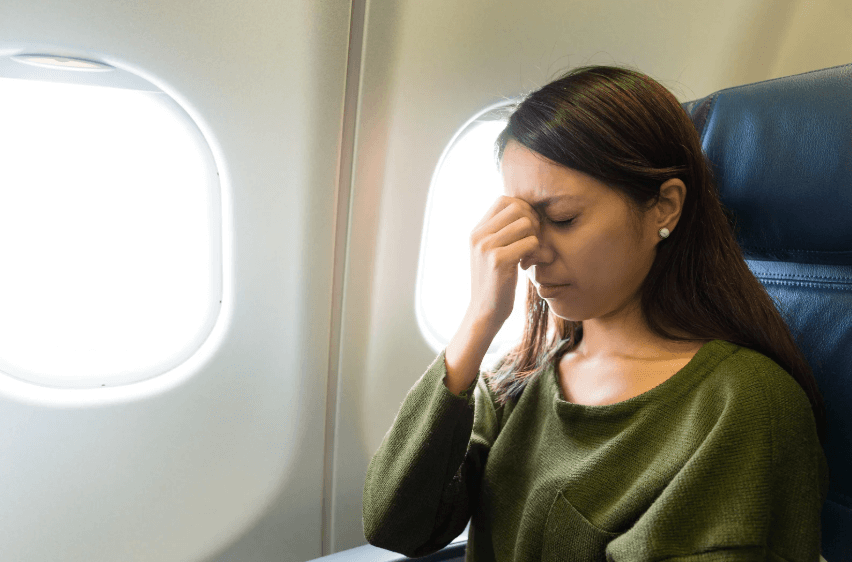Therapy for Anxiety Disorders

Anxiety disorders are the most common mental illness in the US, affecting 40 million adults in the United States age 18 and older (18% of the US population). Symptoms of an anxiety disorder include panic attacks, obsessive thoughts, unrelenting worries, or phobias that are incapacitating. Anxiety problems can be debilitating, but the good news is that treatment can help; in most cases, therapy with an experienced counselor is the perfect place to start working through the turmoil anxiety causes. Particular types of therapy, such as cognitive-behavioral therapy, are particularly beneficial. Using certain therapeutic methodologies can provide a framework for learning how to control anxiety levels, stopping worrisome thoughts and fears from hampering your ability to live a happy life.
Treating anxiety disorders with therapy
Therapy is usually the most effective option for treating anxiety disorders. Unlike medication, therapy is able to uncover the underlying causes of worries and fears, rather than masking the symptoms of the problem. The goal of therapy for anxiety disorders is to provide the individual with the tools to overcome their responses to anxiety-inducing situations. Coping and problem-solving skills, changed perspective, and relaxation techniques can all assist in bringing an anxious person relief.
Due to the multitude of nuances to anxiety disorders, therapy is tailored to the specific concerns and symptoms. Anxiety disorders differ considerably, so therapy should be tailored to your specific symptoms and concerns. For example, an individual suffering from regular panic attacks will have a different treatment plan compared to someone suffering from debilitating post-traumatic stress. Also dependent on the individual case is the length of therapy, though most anxiety counseling is relatively short-term. According to the American Psychological Association, many people improve significantly within 8 to 10 therapy sessions, however, every case is different and dependent on the type and severity of your anxiety disorder.
Many different types of therapy are used to treat anxiety, but one of the most effective is cognitive-behavioral therapy. Your counselor will be able to determine the appropriate modality and may elect to employ a variety of proven techniques to ensure success.
Cognitive-behavioral therapy for anxiety
Cognitive-behavioral therapy (CBT) is the most widely-used therapy for anxiety disorders. Research has shown it to be effective in the treatment of a panic disorder, phobias, social anxiety disorder, and generalized anxiety disorder, among many other conditions. As taken from our website:
“Cognitive Behavioral Therapy (CBT) is a method of psychotherapy wherein an individual’s irrational and maladaptive thoughts and behaviors are explored in relation to unhealthy behaviors and emotions. CBT is a combination of cognitive therapy and behavioral therapy, with the central idea being that cognition (thoughts) strongly influences emotion and behavior. By modifying dysfunctional beliefs, expectations, attitudes and so on, an individual can alter emotions and thereby alleviate the emotional suffering of many mental health disorders, such as depression and anxiety. CBT not only helps people identify dysfunctional thoughts, but also encourages them to test the validity of those thoughts. This leads them to think and perceive more realistically and rationally, thus fostering accurate emotional responses and suggesting appropriate responding.”
Cognitive-behavioral therapy addresses negative patterns and distortions in the way we look at the world and ourselves. As the name suggests, this involves two main components:
- Cognitive therapy examines how negative thoughts, or cognitions, contribute to anxiety.
- Behavior therapy examines how you behave and react in situations that trigger anxiety.
The basic premise of cognitive behavioral therapy is that our thoughts—not external events—affect the way we feel. In other words, it’s not the situation you’re in that determines how you feel, but your perception of the situation. As an action-oriented method, it encourages the individual to develop goals and implement positive coping strategies in everyday life. The therapist will guide the individual to identify irrational thoughts, challenge the validity of the thoughts, and finally replace the dysfunctional thoughts with realistic ones. The therapist may also include homework to reinforce the cognitive restructuring process.
If you or a loved one are suffering from feelings of anxiety, you’ll benefit greatly from an appointment with one of the many skilled counselors at Great Lakes Psychology Group.
Ready to prioritize your mental health?
Great Lakes Psychology Group is here to help. With an extensive network of caring therapists available to meet online or in-person, we make it easy to find the right fit for your unique needs.



